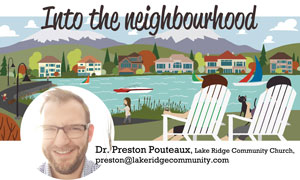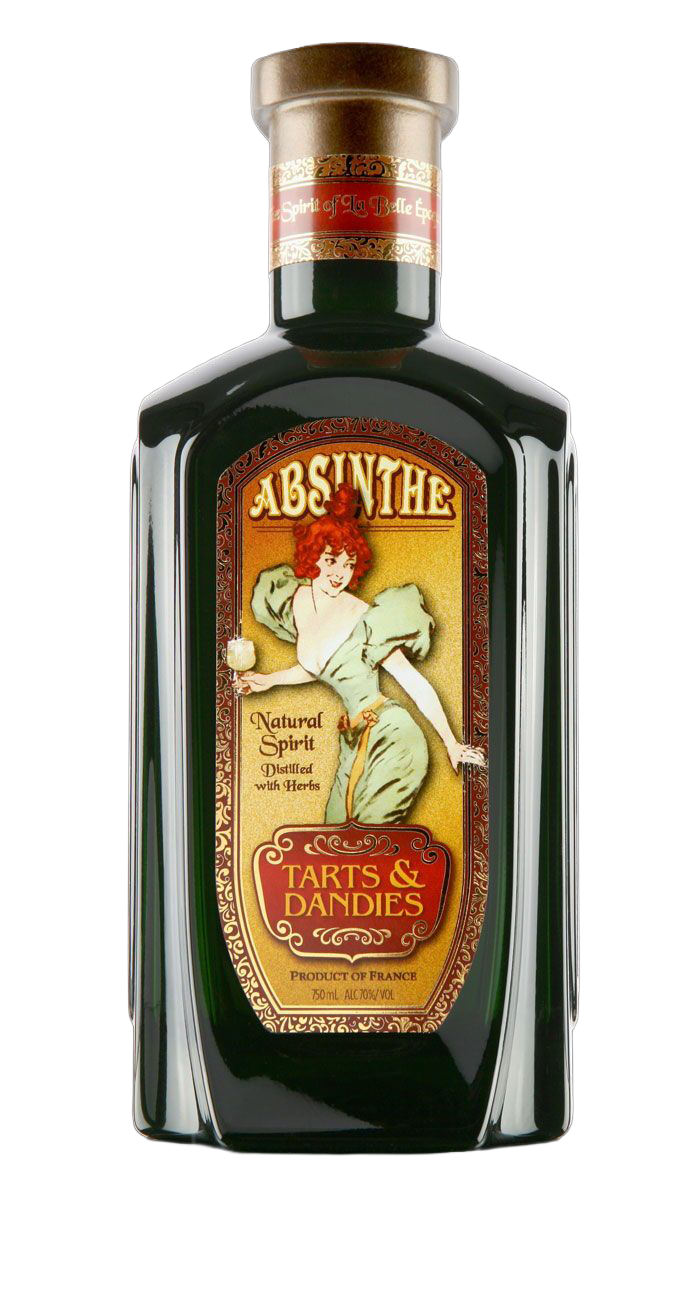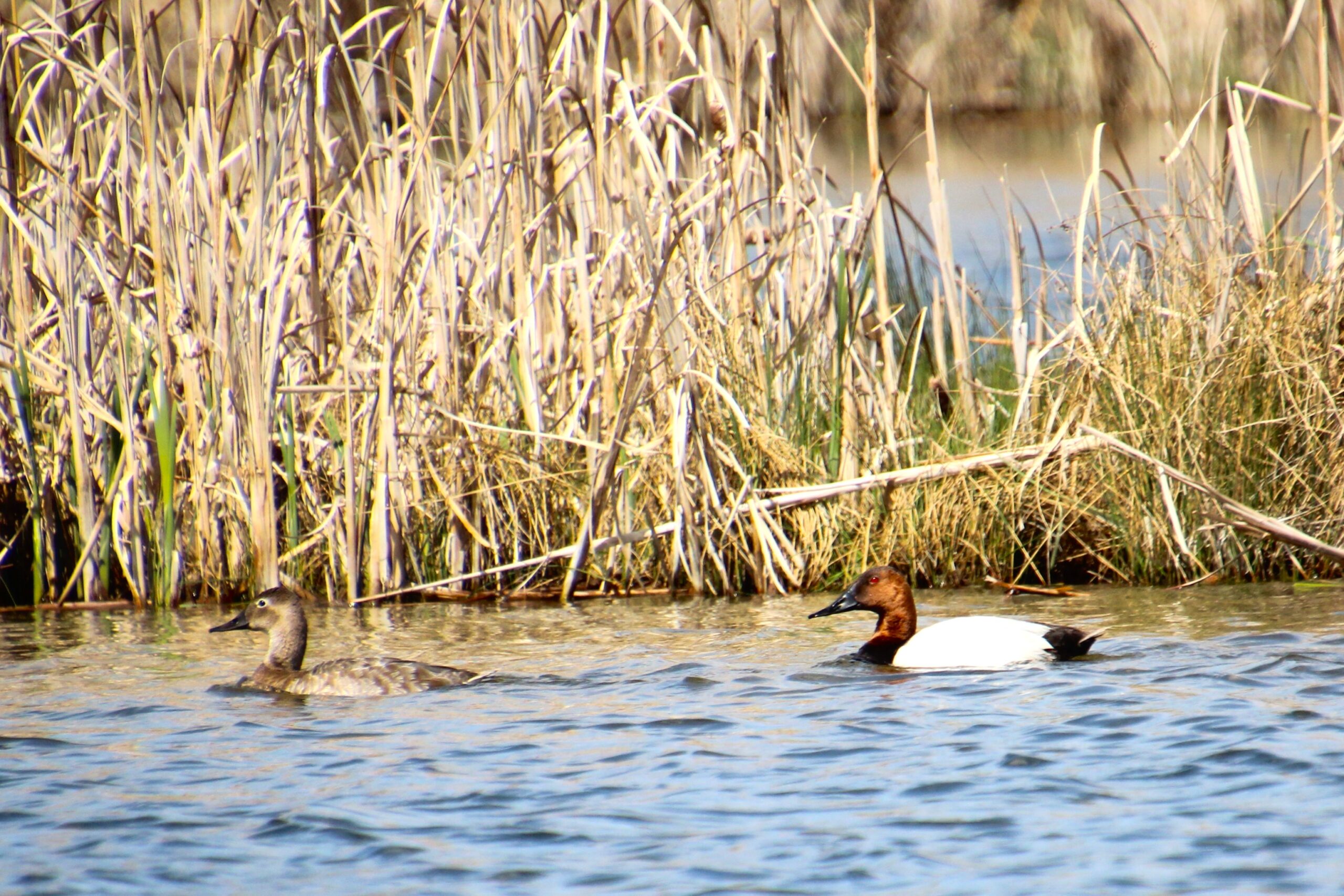Crisis in our culture is unsettling. It upsets many of the daily routines we hold dear, and reshapes what we used to value. The Great Pandemic of 2020 is disorienting as it challenges the way we relate to information, government, and public health care. The far-reaching impacts are growing, too. Our anxiety grows as we think about other countries, foreign elections, closed borders, economic strain, and social unrest. Closer to home we look down our street and wonder what isolation has brought to our community as couples face divorce, children are kept home, and financial loss grows. How do we make sense of it all?

The 1930’s and 1940’s were a time of great upset. While the cause was a deep economic depression and global conflict, not a pandemic, there is something interesting that emerged then, that may also be emerging today. During, and after, the Second World War, one word saw a massive spike in usage in the English language. The word ‘neighbor’ appeared in books, pamphlets, and magazines. In the midst of all the chaos of that time, there was a sharp upturn in the use of this word as it applied to race, religion, and global affairs. People were interested in what it meant to be a neighbour.
Roosevelt’s Good Neighbour Policy of 1933 set the stage, which dedicated “this nation to the policy of the good neighbour who resolutely respects himself and, because he does so, respects others.” While the policy was aimed at international affairs, the rise of this word found a home in the imagination of the American public.
From about 1933-1947 the word ‘neighbor’ showed up in hundreds of book titles. Books about Jewish neighbours, Black neighbours, Mexican neighbours, and even Canadian neighbours reveal a growing interest in how some Americans were looking to relate with people of other cultures or ethnicities. Theological works turned their attention to how faith calls us to love our neighbours, turning personal faith into something that involved others. In 1938 the government, in an effort to increase food security, released pamphlets that encouraged farmers to work together, saying, “The small farmer in order to survive must join hands with his neighbour,” suggesting that people pool their resources where possible.
The only other time that a spike in word usage frequency for ‘neighbor’ happens again around the terror attacks of 9/11. This period marked a time of bewilderment and anxiety, and American writers again wondered about what it meant to be a neighbor.
Through all of these trying times, it became clear that going alone was not the answer. To be a thriving and healthy society, they needed to rediscover their neighbours. They needed each other. Today, as then, we are faced with the question: do we need our neighbours? Can we find again in the people around us friends and allies for the challenges we face?
In our fear and anxiety we can choose to blame or curse others, or we can learn from history and find ways to make our neighbours an important part of our story. By caring for our neighbours and allowing them to care for us we lower the fear we have and make a way to discover the gift we have around us. This season is very hard, but we can bear it together. We’ve done it before, and it may be time to do it again.








